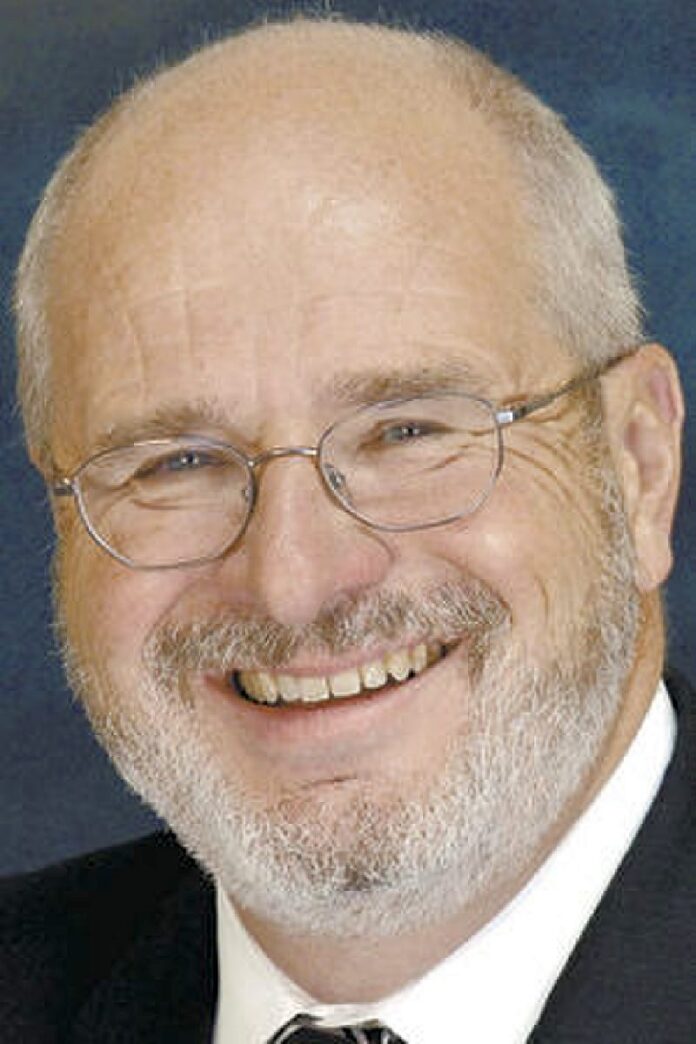INDIANAPOLIS – Some time ago, I did a radio show with an African-American writer.
She was bright and thoughtful. We talked for the hour about how deeply perceptions of race are etched in the experience and how much they shape the way we Americans approach the world.
Often without even realizing it.
After the show ended, we continued to chat. We discussed the ways race is ingrained in American culture – ways most white Americans don’t even think about. About the impossibility of being white in America without being some degree of racist.
She looked at me for a long moment, pondering whether to ask the question.
“You’re a white American,” she said, finally.
I nodded, knowing where she was going.
“Do you consider yourself a racist?” she asked and looked straight at me.
I held her gaze.
“Yes,” I said.
I paused.
“But I’m working on it.”
Another pause.
“Probably be working on it right up until the day I die,” I said.
Her face softened and she chuckled, then took hold of my hand with both of her hands. I returned the clasp – and the chuckle.
I’ve been thinking a lot about that moment in these troubled days and hours.
As I write this, the mayor of Indianapolis has ordered a curfew from 8 p.m. to 6 a.m. The governor of Indiana has told the state’s communities and counties that they may impose their own curfews and travel bans if they see fit.
This comes after days and nights of protest not just in Indianapolis and Indiana, but around the country. Around the world.
The protests were prompted by the death of George Floyd, an unarmed black man in Minneapolis who was taken into custody for – allegedly – passing a fake $20 bill at a convenience store. Floyd was handcuffed, his arms behind his back. When he stumbled trying to step over a curb, the police officers said they thought he was resisting arrest.
Three of them knelt as he lay face down on the ground. One had his knee on Floyd’s neck, keeping it there while Floyd said, “I can’t breathe” and beseeched the officers not to kill him. Floyd called for his mother before he stopped breathing.
The police officer who knelt on his neck stayed there for nearly three minutes after Floyd stopped moving and responding. The officer remained kneeling on Floyd’s neck even as another officer reported that he couldn’t find Floyd’s pulse.
Floyd’s death lit the firestorm, but only because America’s landscape already was set to leap into flames.
There have been too many unarmed black men killed in America these days, their deaths dismissed, ignored or shrugged away.
Quiet, peaceful and, yes, legal protests – taking a knee during the national anthem, for goodness’ sake – have been mocked, disparaged and discouraged.
Now, we’re shocked when people take to the streets.
In many places – including Indianapolis and Indiana – these protests have been marked by violence. Police have used tear gas and fired rubber bullets at the demonstrators. Accounts vary from place to place and from witness to witness regarding who and how the violence began.
In many places – including Indianapolis and Indiana – looting and property destruction have taken place. Store windows have been shattered, and businesses have been ransacked.
The ransacking has produced many loud fulminations about the sanctity of property rights. There’s no excuse for looting, indignant voices say. No reason to punish innocent business owners.
True enough, I suppose, but I also can’t help but wonder how different things might be if these same voices protested the killing of unarmed black men with the same vehemence and righteous indignation they have summoned for the stealing of merchandise.
I don’t condone burglary, but I do recognize the moral difference between murder and theft – and which is the greater offense. I also know the looting doesn’t give me any excuse to forget about the reason people took to the streets in the first place.
And I know that if I were George Floyd’s father, brother or friend, my anger would burn hot enough to melt steel.
In some sense, I guess, I am George Floyd’s father, brother and friend.
That’s why I know we have a problem bigger than busted glass and missing goods here in America – a problem we need to work on.
Harder than we have so far.
John Krull is director of Franklin College’s Pulliam School of Journalism and publisher of TheStatehouseFile.com, a news powered by Franklin College journalism students.
The post Commentary: The work America still has to do appeared first on TheStatehouseFile.com.



